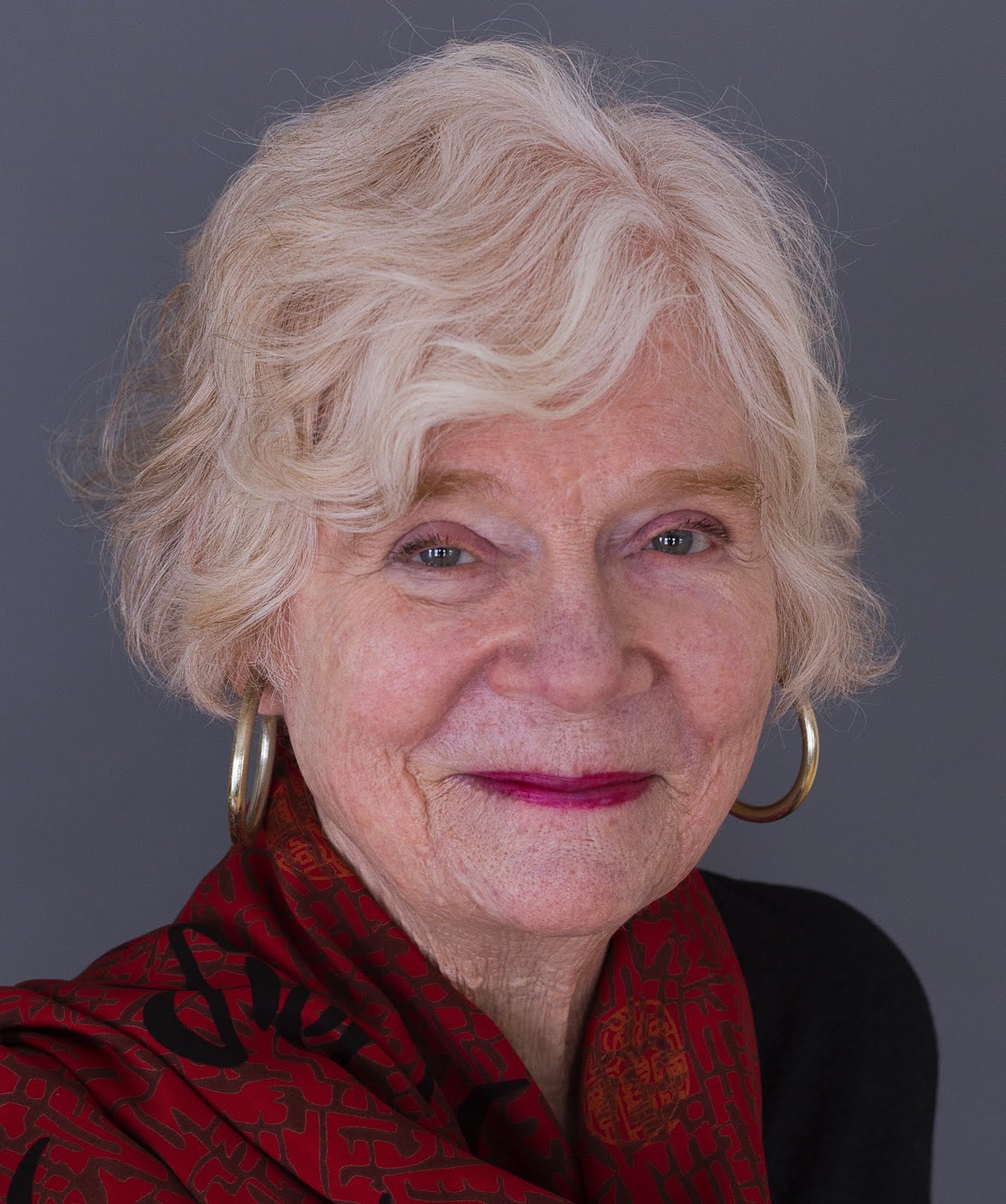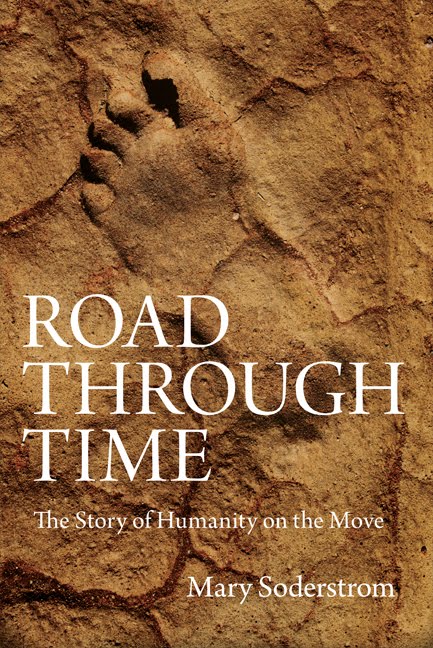 Last night I was awakened by a noise that I had a hard time placing. It sounded mechanical, with short bursts of higher intensity. Very strange in the middle of the night: loud voices in the street, music from a passing car, the occasional motorcycle are familiar, but this was something different. Then the faint smell of paint floated in the open window. Of course! City crews were remarking the cross walk lines. What I was hearing was a real sign of spring.
Last night I was awakened by a noise that I had a hard time placing. It sounded mechanical, with short bursts of higher intensity. Very strange in the middle of the night: loud voices in the street, music from a passing car, the occasional motorcycle are familiar, but this was something different. Then the faint smell of paint floated in the open window. Of course! City crews were remarking the cross walk lines. What I was hearing was a real sign of spring.There is another, too--the splendid, almost luminous green of grass that has just started to grow after a winter under snow and ice. The lawns in the parks are a feast for the eye now, satisfying a hunger for green that is probably hard-wired into us. After all, on the savannas of East Africa where our ancestors evolved, close cropped green grass means rain, nearby water and large herbivores--in other words, a good habitat for hunters and gathers. Those early humans who were attracted to this kind of landscape were better providers, left more descendants, and here we are, eons later, trying to make green lawns in the semi-desert or the north woods or the tropics, trying to recreate the real Garden of Eden.
Photo: Grass in Parc Beaubien



























